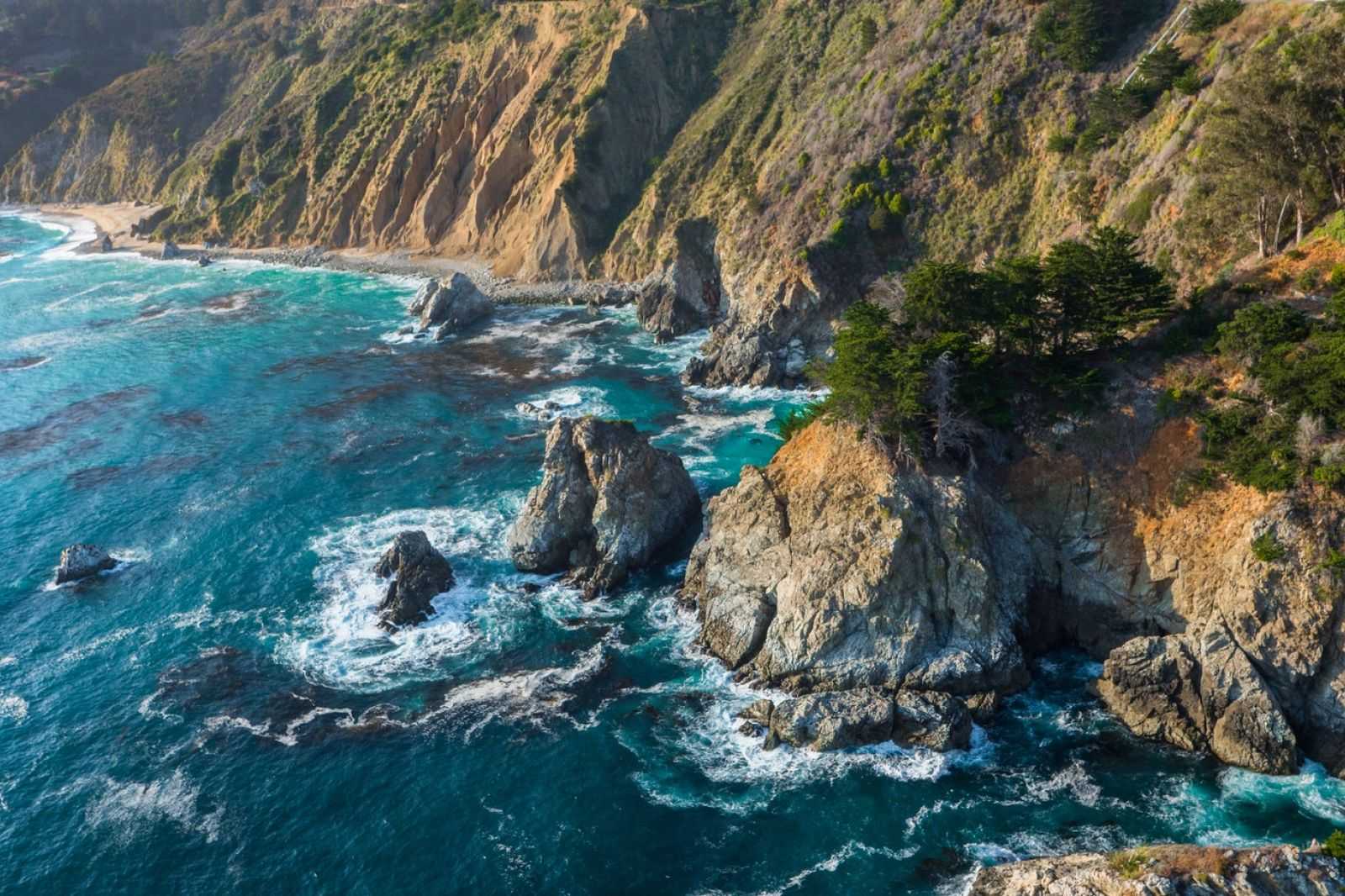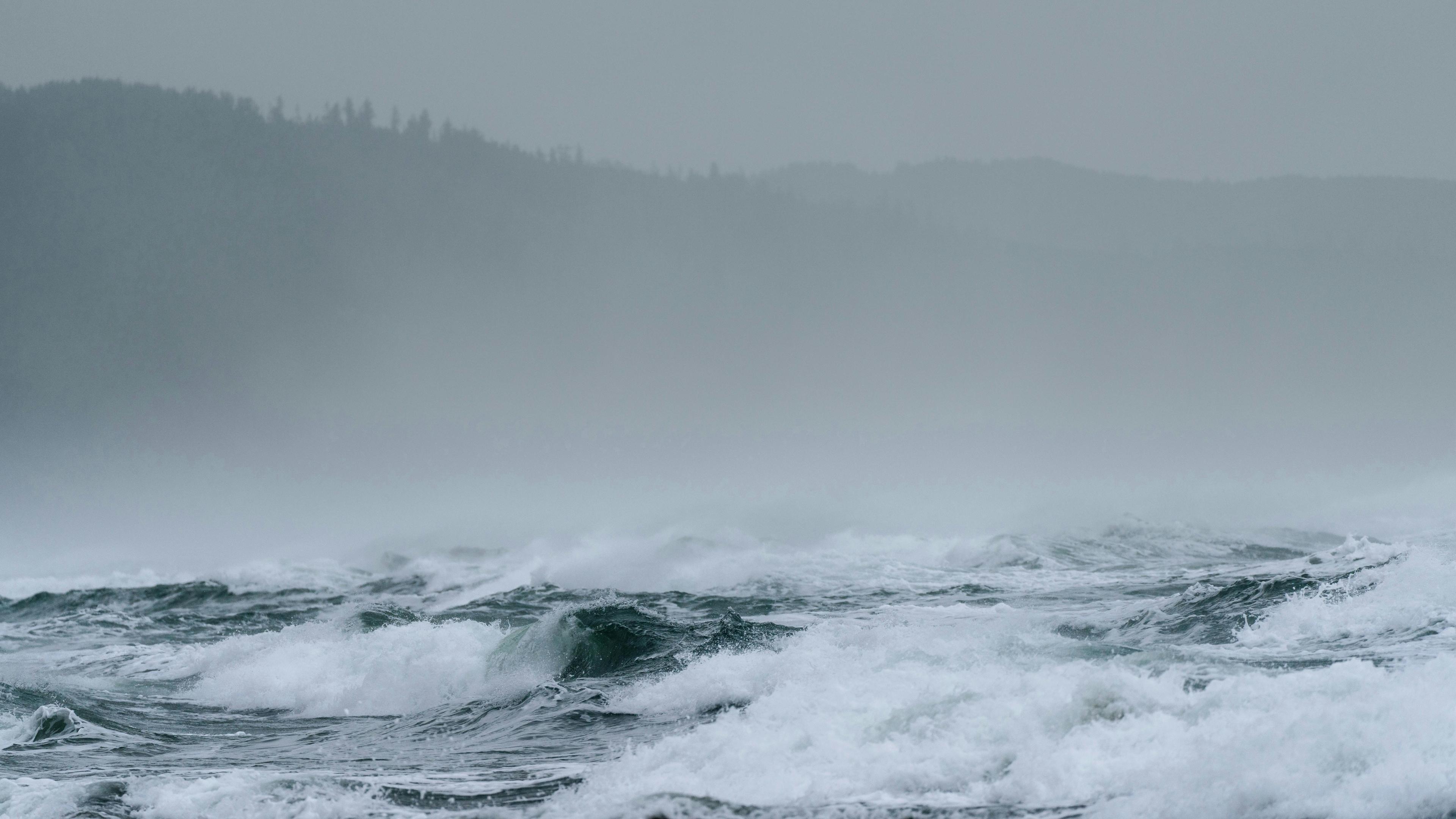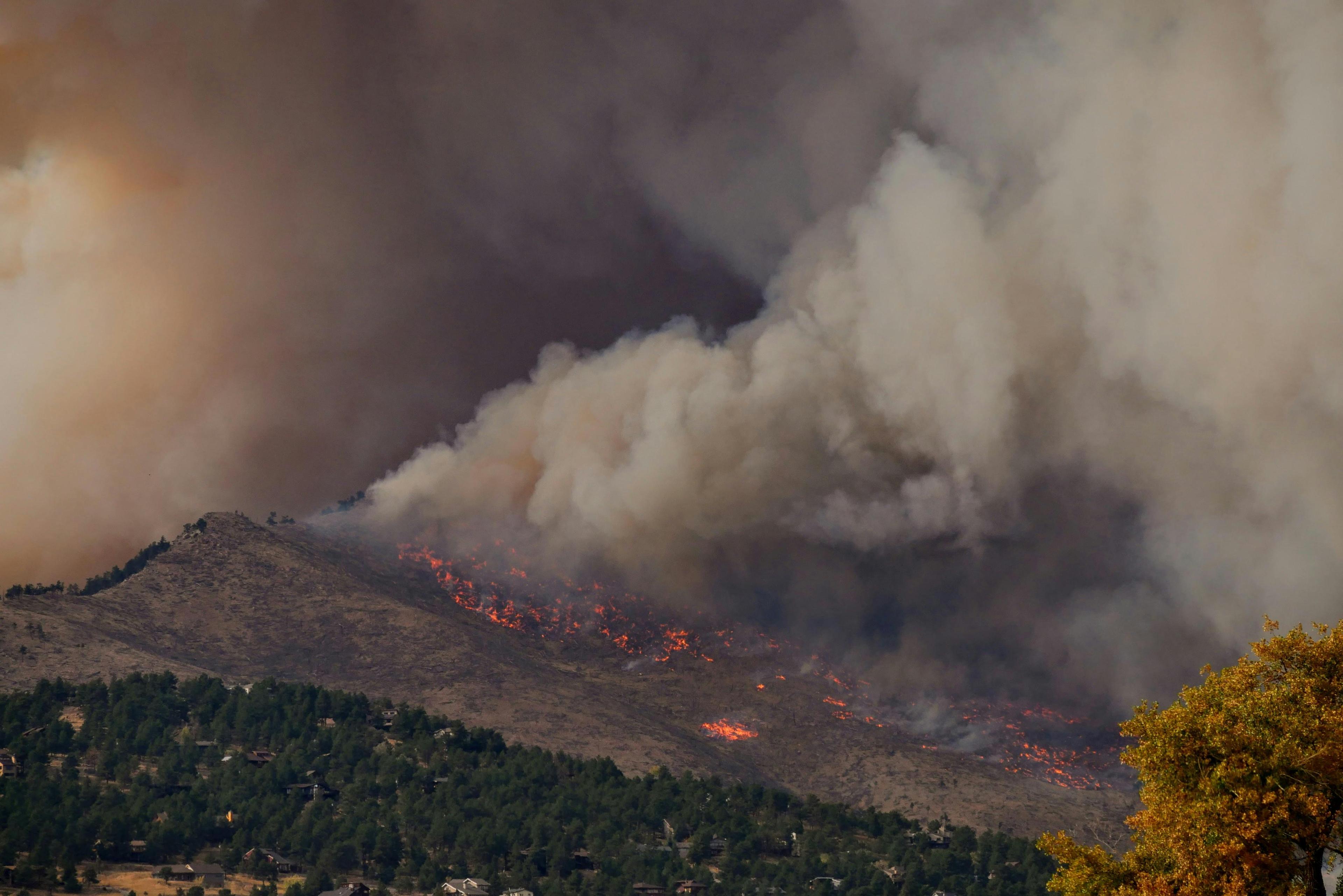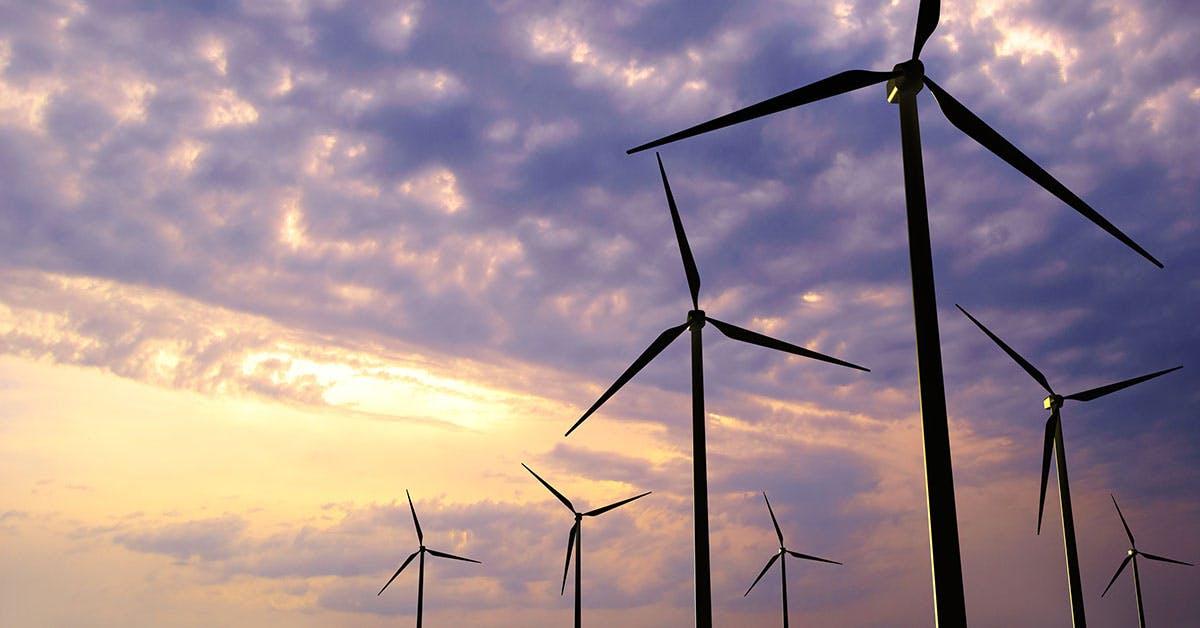
Cape Cod, Climate change, and the arrival of Great White Sharks
Inspire Clean Energy
Jul 26, 2023
5 min read
category: Climate Change In The News
Don't worry about climate change— do something about it.
Our clean energy plans are the easiest way to reduce your home's carbon footprint.
Switch to clean energyClimate change driving sharks more towards Cape Cod
Little can repel beachgoers from the ocean quite like shark activity. But the increased number of sharks being tracked near the popular vacation spot of Cape Cod, Massachusetts and its relationship to climate change are more nuanced than it might initially appear. As we tune into Discovery Channel's Shark Week 2023 and learn more about this incredible animal, let's dive even deeper into this unique phenomenon.
Climate change has had a tremendous impact on marine ecosystems. As earth experiences its hottest-ever-recorded days, global ocean temperatures are increasing as well. Warmer waters have led many fish and other marine species to shift northward seeking more suitable habitats, according to the National Oceanic and Atmospheric Administration. Ocean currents are also shifting as a result of climate change, which affects the movement of prey species and other fish populations. Predator species including sharks end up moving to areas where they can find more food and a preferable temperature. Amidst all of this, sea levels are rising, altering marine habitats and leading some species to migrate or flock elsewhere.
Climate change is making sharks go on the move
Sharks need to eat, so they follow their prey. As the prey moves, so do shark populations. That means more shark sightings in Cape Cod in addition to South Africa, central California, and islands around Mexico and Australia, according to Scientific American. The introduction of sharks to waters that were previously cooler and less desirable can change entire habitats, affecting everything from mangroves to cod and salmon. Despite their reputation in pop culture (see Jaws), the arguably most well-known shark—great whites—do not typically hunt humans but can mistake them for a marine species.
So what does this uptick in sharks mean for Cape Cod? Other shark species, including the basking shark, the spiny dogfish, and the dusky shark, have intermittently been spotted around the beach towns. But it’s white sharks that get the most press for their presence during peak summer months. In recent years, seals in Cape Cod waters have attracted more white sharks that feast on them.
Seals in Cape Cod are not new. They have inhabited the waters for centuries, and have been rebounding for decades thanks to the 1972 Marine Mammal Protection Act and increased protection of the area’s shores. Their populations have also increased in the area because of federal regulations after their numbers were drastically reduced by fishing and hunting. But climate change that has brought warming waters has also been a draw. And with more seals come more sharks. Researchers have tagged more than 280 great whites in the cape since 2009. A white shark attack in 2018 off Cape Cod that left one person dead—the state’s first since 1936—has also remained seared in recent public memory. It happened only weeks after a separate non-fatal shark attack.
When it comes to staying safe from sharks, knowledge is power
With the shark presence off the Cape, officials are taking steps to mitigate beachgoers’ concerns and risks. The National Park Service has issued tips, including staying close to shore, avoiding isolation especially when swimming, paddling, kayaking and surfing; and avoiding areas where seals are present or schools of fish are visible. While it can be tough in parts of the Atlantic, steer clear of low-visibility water and limit splashing. If you spot a shark, notify a lifeguard on duty if one is around. Then expect to head home or hang on the sand, because the waters will be temporarily closed until further notice.
Aside from active situations, local officials at the Cape have implemented safety measures such as new signage, a flag system to warn the public and training for how to stop a victim from bleeding out after a bite. They’ve also focused on education and raising public awareness about shark threats. For the everyday folks who are curious, the app Sharktivity was also designed to provide up-to-date information on shark location.
Don’t fear the sharks
While humans fear them, sharks are an important part of marine ecosystems overall. The Atlantic White Shark Conservancy, which logs white shark counts around Cape Cod, has said the presence of never-before-documented sharks shouldn’t deter tourists from ever going in the water. Staff scientist Megan Winton also recently said that identifying more sharks doesn’t always indicate there are more of them. The conservancy along with other groups publicly makes available a shark catalog for people to check out how the sharks are identified and generally demystify perceptions about them.
As shark distribution shifts in Cape Cod and other areas, tracking technology and advancing satellites are making it easy for humans to understand how they behave, especially as environmental conditions change. But sharks aren’t all bad news: their rebounding population on the Cape is viewed as a “conservation success story,” Winton said. What remains to be seen is how exactly humans will learn to coexist.
Don't worry about climate change— do something about it.
Our clean energy plans are the easiest way to reduce your home's carbon footprint.
Switch to clean energy
Inspire Clean Energy
We're on a mission to transform the way people access clean energy and accelerate a net-zero carbon future.
Learn more about Inspire →Explore more
Recent Posts
Top Articles





















